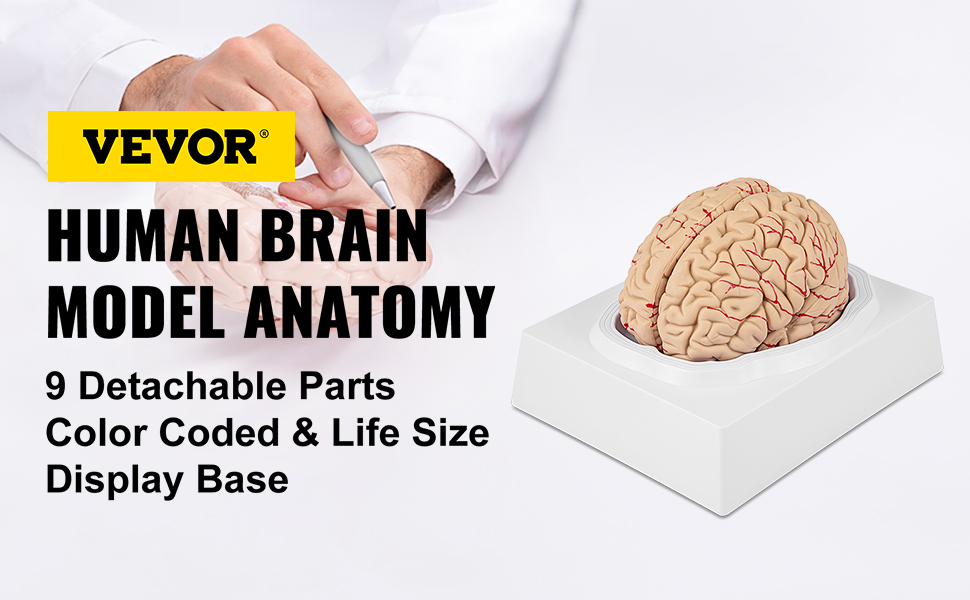


Some medications: Taking diuretics, beta-blockers, and antihypertensive drugs may cause orthostatic hypotension in some people.Īlcohol: Some people faint if they consume too much alcohol in a short amount of time. High blood sugar levels can damage certain nerves, especially those that regulate blood pressure. Uncontrolled diabetes: A person with diabetes may need to urinate frequently, leading to dehydration. Therefore, less blood and oxygen reaches the brain.

This can make it harder for the blood pressure to stabilize. However, if something undermines this stabilization process, there may be poor blood and oxygen supply to the brain, leading to fainting.ĭehydration: If body fluid levels drop, so will blood pressure. The nervous system usually reacts to this by increasing the heartbeat and narrowing the blood vessels. Gravity pulls blood into the legs, bringing down blood pressure elsewhere in the body. Orthostatic hypotension refers to fainting after standing up too quickly from a seated or horizontal position. Share on Pinterest Excessive alcohol consumption may increase the risk of fainting. strenuous physical activities, such as lifting a heavy weight.Occupation, or situational, syncope is a type of neurocardiogenic syncope with physical rather than emotional, mental, or abstract triggers. being in a hot and stuffy environment for a long time.abrupt emotional upset, such as after receiving tragic news.sudden exposure to an unpleasant sight or experience.an unpleasant or shocking image, such as seeing blood.Possible triggers of neurocardiogenic syncope include: This temporarily interrupts the brain’s blood and oxygen supply. In NMS, a drop in blood pressure slows the heartbeat and pulse rate. The ANS controls automatic body functions, including heart rate, digestion, and respiration rate. Some people call it neurally mediated syncope (NMS). Neurocardiogenic syncope develops due to a short term malfunction of the autonomous nervous system (ANS). We discuss some of them in detail below: Neurocardiogenic syncope Different underlying causes can cause a person to faint.


 0 kommentar(er)
0 kommentar(er)
